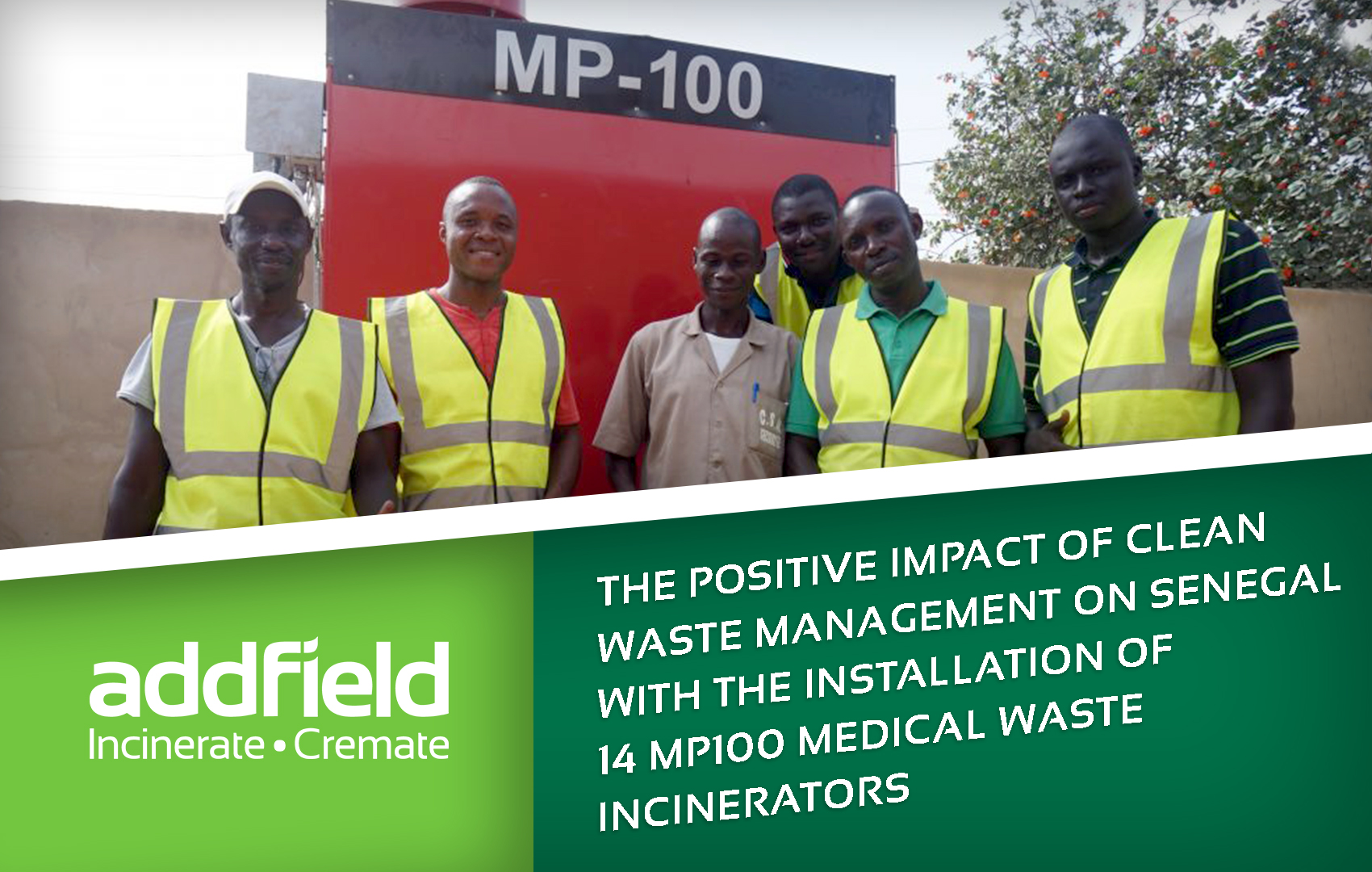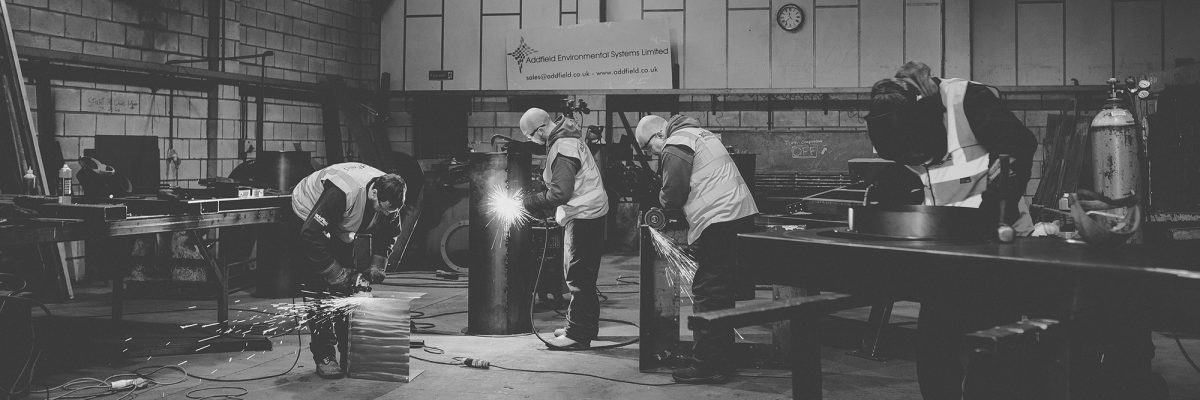
29/09/17
Transforming medical waste treatment across Senegal
There is nothing more satisfying than when you can really see the impact that one of our machines can have on a community. This June/July our team travelled more than 4000km across the entire country of Senegal installing and commissioning 14 MP100 Medical Waste Incinerators.
Leading the project was Abraham Bah from our UK head office and supported by Emmanuel Ehikhumen our engineer based in Nigeria. Supported by two teams from Togo and Senegal together we travelled the country and trained local engineers to maintain and support the equipment once we all left.

The expedition began on the 26th June and included installs at Mbour, Fatick, Louga, Touba, Dagana, Diourbel, Wandefa, Dioulacolon, Zinguinchor, Koutal, Kaffrine, Tambacounda, Kedougou with the final site Ouro Sogui being completed on the 16th July two days ahead of schedule.
The machines were selected by a major global Health Organisation to improve the environment and opportunities across Senegal through safe and effective treatment of Medical and Pharmaceutical waste.
“The experience was very satisfying, building up and training a local team of technicians to continue to support the operation and maintenance of the machines directly in country. It worked really well, we all learned a lot from it and really practised the essential team spirit to keep really motivated to succeed despite facing daily challenges, sites not being 100% ready, logistics not available, misplaced parts and the weather. I would like to say well done to everyone who helped us.” Abraham Bah
“This is the type of project that we really appreciate here. Beyond the initial order of 14 machines what really makes a difference here is the long-term impact that appropriate medical waste treatment can have on a community. Ensuring safe destruction of potentially very hazardous waste is often taken for granted but it should not be underestimated it does save lives. We are really proud of the way this entire operation was managed and are gearing up again ready for our next big expedition.” James Grant
The medical waste had previously been disposed of in-hospital courtyards, open fires, fire pits and other unsanitary ways. Without the option of safe incineration, it was simply impossible to manage. All of this waste causing extremely high risks of injury and infection. The difference that the addition of these incinerators will make to the community is immeasurable.

Medical waste in developing countries has been a recognised problem from the United Nations in the past few years with needle stick injuries commonly exposing staff and members of the public to increase risk of Hepatitis B and C as well as HIV. With the risks of open-air incineration resulting in the Incomplete destruction of waste and dangerously high dioxin emissions and unsafe disposal of ashes.
We are already in talks about what the future will bring across West Africa and look forward to working with our team again.

For further on the application of medical incineration on an environmental scale read the World Health Organisation Factsheet by clicking here
To learn more about the Addfield range of medical incinerators Click Here
- British Designed.
British Built. - World leaders in
incineration technology. - Unrivalled build quality
& machine longevity. - Distributed to more
than 150 countries. - Environmentally
Responsible. - Trusted partner, over
40 years experience.



